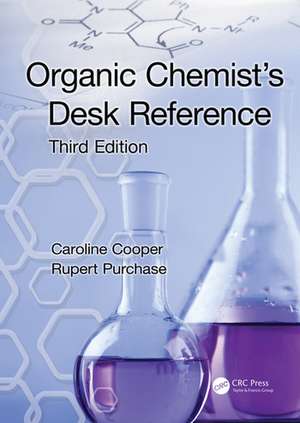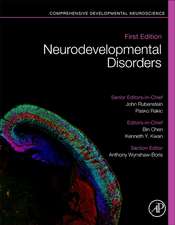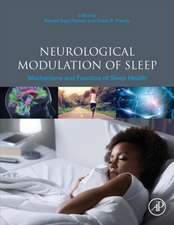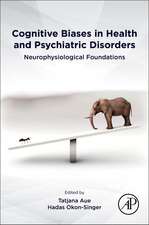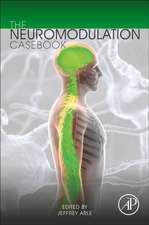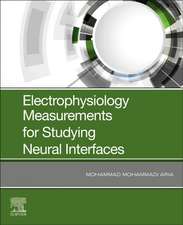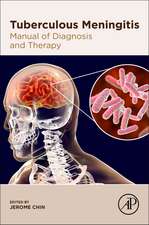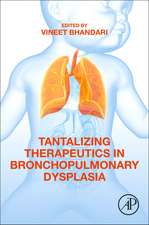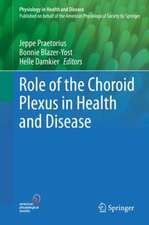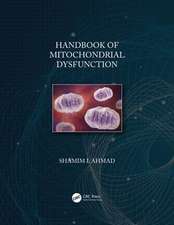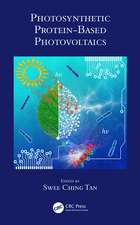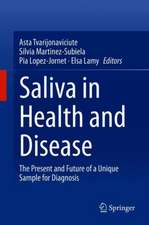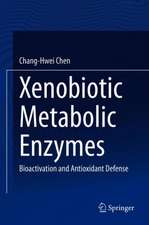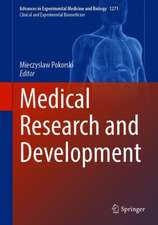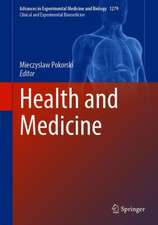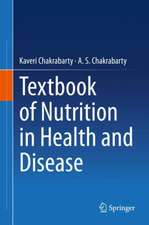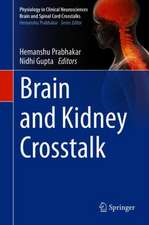Organic Chemist's Desk Reference
Autor Caroline Cooper, Rupert Purchaseen Limba Engleză Paperback – 9 aug 2017
| Toate formatele și edițiile | Preț | Express |
|---|---|---|
| Paperback (1) | 487.41 lei 6-8 săpt. | |
| CRC Press – 9 aug 2017 | 487.41 lei 6-8 săpt. | |
| Hardback (1) | 936.10 lei 6-8 săpt. | |
| CRC Press – 7 dec 2018 | 936.10 lei 6-8 săpt. |
Preț: 487.41 lei
Preț vechi: 681.70 lei
-29% Nou
Puncte Express: 731
Preț estimativ în valută:
93.26€ • 97.38$ • 77.19£
93.26€ • 97.38$ • 77.19£
Carte tipărită la comandă
Livrare economică 04-18 aprilie
Preluare comenzi: 021 569.72.76
Specificații
ISBN-13: 9781498734011
ISBN-10: 1498734014
Pagini: 314
Ilustrații: 215
Dimensiuni: 178 x 254 x 27 mm
Greutate: 0.54 kg
Ediția:Revised
Editura: CRC Press
Colecția CRC Press
ISBN-10: 1498734014
Pagini: 314
Ilustrații: 215
Dimensiuni: 178 x 254 x 27 mm
Greutate: 0.54 kg
Ediția:Revised
Editura: CRC Press
Colecția CRC Press
Public țintă
Professional Practice & DevelopmentCuprins
The Organic Chemistry Literature. Abstracting and Other Current Awareness Services. Principal Electronic Dictionaries. Useful Reference Works and Review Series. Patents, Including Patent Awareness Services. Cheminformatics Companies. Primary Journals. Endnotes. Nomenclature Fundamentals . IUPAC Nomenclature. CAS Nomenclature. Types of Name. Constructing a Systematic Name. Nomenclature of Ring Systems. Ring Systems (General). Bridged Ring Systems. Spiro Compounds. Heterocyclic Ring Systems. Ring Assemblies. Ring Fusion Names. Nomenclature of Individual Classes of Compound. Carbohydrates. Alditols and Cyclitols. Amino Acids and Peptides. Natural Products (General). Steroids. Lipids. Carotenoids. Lignans. Nucleotides and Nucleosides. Tetrapyrroles. Organoboron Compounds. Organophosphorus (and Organoarsenic) Compounds. Azo and Azoxy Compounds. Labelled Compounds. Tautomeric Compounds. Acronyms and Miscellaneous Terms Used in Describing Organic Molecules. Abbreviations and Acronyms for Reagents and Protecting Groups in Organic Chemistry. Glossary of Miscellaneous Terms and Techniques Used in Nomenclature, Including Colloquial Terms. Stereochemistry. The Sequence Rule: R and S. Graphical and Textual Representations of Stereochemistry. Chiral Molecules with No Centres of Chirality. E and Z. The D,L-System. Descriptors and Terms Used in Stereochemistry. Graphical Representation of Organic Compounds. Zigzag Natta Projection. Stereochemistry. CAS Numbers, InChI, and Other Identifiers. CAS Registry Numbers. InChI. Simplified Molecular Input Line Entry System (SMILES). Molecular Formulae. The Hill System. Chemical Abstracts Conventions.Checking Molecular Formulae. Chemical Hazard Information for the Laboratory. Hazard and Risk Assessment. Physical and Reactive Chemical Hazards. Health Hazards. Handling and Storage of Chemicals. Hazardous Reaction Mixtures. Disposal of Chemicals. Solvents. Peroxide- Forming Chemicals. Further Literature Sources. Spectroscopy. Infrared Spectroscopy. Ultraviolet Spectroscopy. Nuclear Magnetic Resonance Spectroscopy. Mass Spectrometry. Introduction. Ionisation Techniques and Mass Spectrometer Systems. Interpreting Mass Spectra and Molecular Mass. Sample Introduction and Solvent Systems for Electrospray Mass Spectrometry. Common Adducts and Contaminants in Mass Spectra. MALDI Matrices. Fragment Ions and Neutral Losses. Natural Abundance and Isotopic Masses of Selected Isotopes and Nuclear Particles. Glossary of Abbreviations and Terms Commonly Used in Mass Spectrometry. Crystallography. Introduction. Definitions.Crystallographic Point Groups. Space Groups. Reciprocal Lattice. Examples of Organic Crystals. CIF Data Format. Bragg’s Law and the X-Ray Spectrum. Crystal Specimen Preparation for X-Ray Analysis. Chromatographic Chiral Separation. Types of Molecular Interactions. Diastereomeric Compounds and Complexes. Chiral Mobile Phases. Chiral Stationary Phases. Laboratory Data and SI Units. Solvents. Buffer Solutions. Acid and Base Dissociation Constants. Resolving Agents. Freezing Mixtures. Materials Used for Heating Baths. Drying Agents. Pressure-Temperature Nomograph. SI Units. Languages. A German-English Dictionary. Russian and Greek Alphabets. SI Units. Index
Recenzii
"This is the third edition of an extremely useful book which fully lives up to its title. The authors are to be congratulated on producing an extremely useful reference book which will be of value not just to the organic chemist but also to all those in disciplines ranging from materials science to biological, environmentaland medical sciences. I can strongly recommend this book. Its ‘migratoryaptitude’ from the desk of its owner will be high."
— James Hanson, Science Progress (2018)/ 101(1), 92-94
— James Hanson, Science Progress (2018)/ 101(1), 92-94
Notă biografică
Cooper, Caroline; Purchase, Rupert
Descriere
The Organic Chemist’s Desk Reference has been essential reading for laboratory chemists who need a succinct guide to the fundamentals of organic chemistry. Extensively revised and updated, this new edition contains the very latest data that chemists need access to for experimentation and research.
